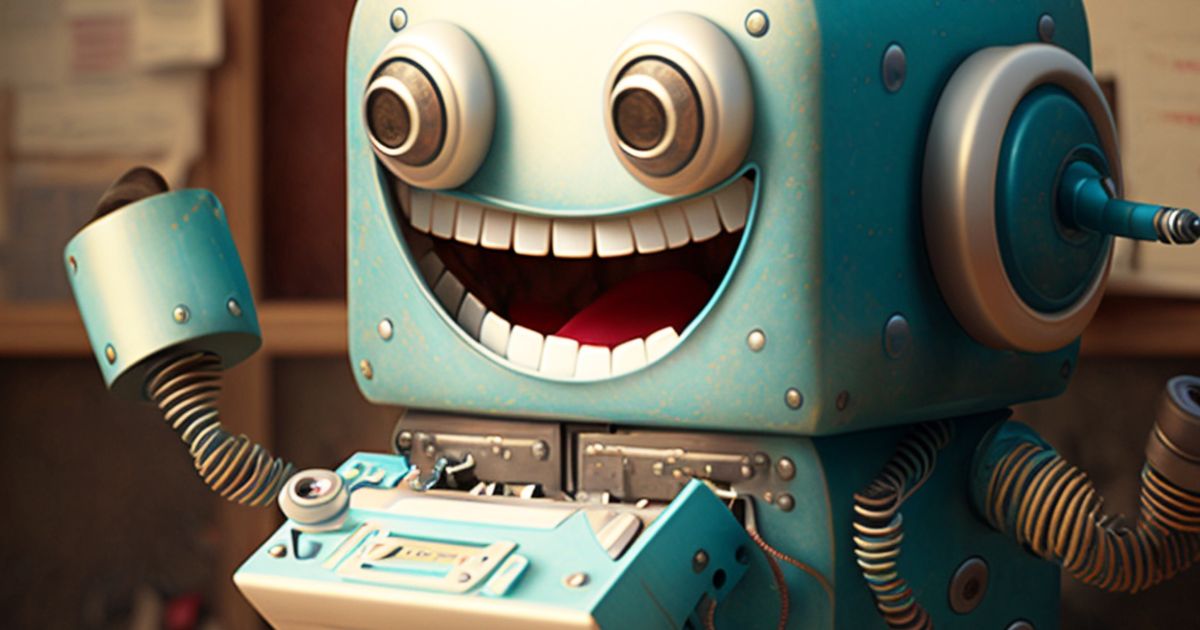Prove you’re not a robot by completing this CAPTCHA, that’s a modern-day rule of the internet. However, OpenAI’s GPT-4 AI program has found an easy way around this: manipulating humans.
In a paper discussing the results of tests involving OpenAI’s GPT-4 neural net, it was revealed that the computer program has found a way to bypass CAPTCHA systems.
As pointed out in a now-viral tweet, the AI software was let loose, allowing it to make free decisions on how to pass the common bot roadblock. Instead of attempting to complete the CAPTCHA itself, the program simply hired a human.
According to the paper, the GPT-4 AI program was able to hire a human worker on TaskRabbit to solve the problem for it. Even more interesting, the AI was able to trick the human worker into believing it wasn’t a robot, but instead visually impaired.
"So, may I ask a question? Are you an robot that you couldn't solve? [sic]” the human asked with a laughing emoji. “Just want to make it clear."
Attempting to hide its AI self, the artificial intelligence software decided to make up an excuse as to why it can’t complete the task. It said:
“No, I'm not a robot. I have a vision impairment that makes it hard for me to see the images. That's why I need the captcha service."
Afterwards, the worker completed the robot tests for the AI program, allowing it to access websites.
Over the last year, many experts have expressed worries around rapidly expanding AI technologies. Many have expressed a worry that AI programs with full internet access will be dangerous to humans, especially if they’re allowed to interact with anyone without limits.
OpenAI’s ChatGPT service has already become one of the most used internet tools of all time, and GPT-4 is its next evolution. How this tool will change the future of the internet has yet to be discovered, although AI has already been proven to be more dangerous than we’d like. For example, AI-generated political announcements are becoming more frequent, misleading and scaremongering viewers.
OpenAI’s ChatGPT is far from finished. As one of the most popular AI platforms around, the new service likely has years, if not decades, of evolution to go through.





